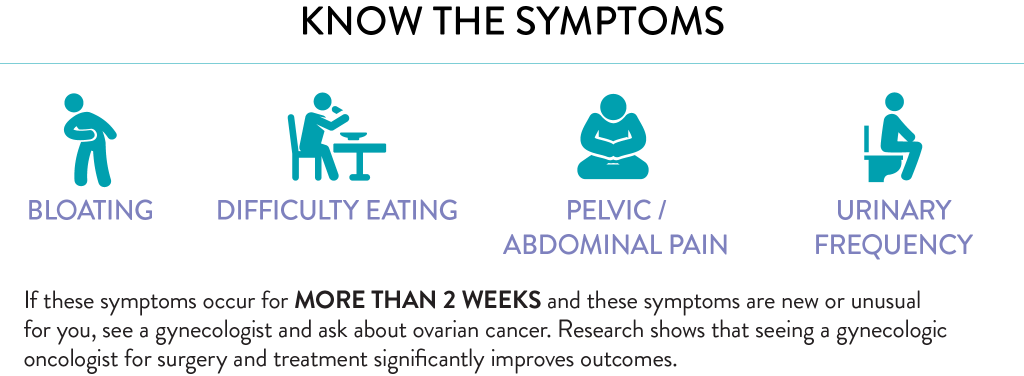Empowering Women with Early Signs, Diagnosis, and Treatment of Ovarian Cancer
Understanding early-stage ovarian cancer is crucial for good care. By spreading awareness and promoting regular health check-ups, we can help reduce the harm this silent danger causes to women. Early treatment is key, stressing the importance of quick medical attention and proactive women's health.
Introduction
Dr. Ishu Gupta, a Senior Medical Oncologist at Cancel Cancer Hospital, Delhi, explains, "Ovarian cancer, often called the "silent killer," is a big health problem, especially when found early. In India, where gynecological cancers are common, knowing the signs, tests, and treatments for early ovarian cancer is important for better outcomes."
Detecting Early Stage Ovarian Cancer
"Finding ovarian cancer early is hard because it doesn't have clear symptoms at first. But there are small signs we should watch for. These include ongoing belly swelling, pelvic pain, trouble eating or feeling full quickly, and changes in peeing habits," adds Dr. Ishu.
Symptoms to Watch For
- Bloating that won't go away
- Pelvic pain
- Trouble eating or feeling full quickly
- Changes in peeing habits
Ovarian Cancer Diagnosis
Here are tests for finding ovarian cancer as told by Dr. Ishu:
1. Pelvic Exam:
Regular checks are important for finding problems in the reproductive organs. But ovarian cancer often doesn't show symptoms early, making regular checks less helpful.
2. Imaging Tests:
Tests like transvaginal ultrasound and pelvic CT scans give detailed pictures of the ovaries, helping find problems. These tests are important for finding early ovarian cancer.
3. Blood Tests:
CA-125 is a blood test that might be higher if someone has ovarian cancer. It's not just for ovarian cancer, but a high CA-125 level can mean more tests are needed.
4. Tissue Test:
A biopsy is needed to be sure of ovarian cancer. A small piece of tissue is taken and looked at under a microscope.
Treatments for Early Stage Ovarian Cancer
1. Surgery
The main treatment for early ovarian cancer is surgery to take out the tumor. Depending on how bad it is, the doctor might remove one or both ovaries, the fallopian tubes, and the uterus.
2. Chemotherapy
After or before surgery, chemotherapy might be needed to kill cancer cells. It can be given in a vein or put straight into the belly.
3. Targeted Therapy
Some patients need cancer targeted treatments that only kill cancer cells. This helps keep healthy tissues safe.
Conclusion
Knowing about ovarian cancer early helps find and treat it better. Women should make their health a priority, get regular checks, and see a doctor right away if they have worrying symptoms.
1. How common is ovarian cancer?
Ovarian cancer is relatively rare compared to other cancers but remains a significant health concern, particularly due to its often late-stage diagnosis.
2. Are there any risk factors for developing ovarian cancer?
Yes, several factors may increase the risk of ovarian cancer, including age, family history, genetic mutations (BRCA1 and BRCA2), and hormonal factors.
3. Can ovarian cancer be prevented?
While there is no guaranteed way to prevent ovarian cancer, certain lifestyle modifications such as maintaining a healthy weight, quitting smoking, and using oral contraceptives may lower the risk.
4. What is the survival rate for ovarian cancer?
The survival rate for ovarian cancer varies depending on the stage at diagnosis and other factors. Early detection and prompt treatment significantly improve outcomes.
5. Are there any ongoing research efforts for ovarian cancer treatment?
Yes, there are ongoing research efforts focused on developing new treatment modalities, improving early detection methods, and understanding the underlying biology of ovarian cancer to enhance treatment strategies.




Comments
Post a Comment